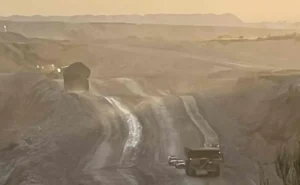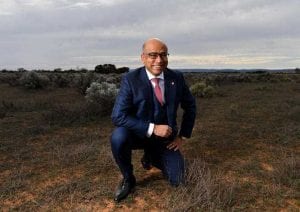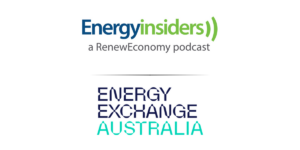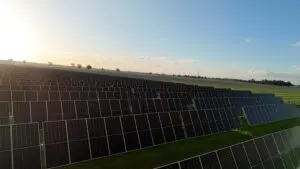Australia is transitioning to a clean energy economy, but it should not get distracted by the efforts of the incumbent fossil fuel industry to delay its ‘inevitable’ demise, a panel of energy industry experts has argued.
Instead, they say, more work needs to be made to ensure that there is a proactive and just transition to a clean energy economy, and not just focus on the efforts of incumbent industries to effectively slow the wide-scale switch to clean energy.
At a forum hosted by the Public Interest Advocacy Centre (PIAC) on Wednesday, PIAC’s Energy and Water Consumer Advocacy Program, Craig Memery, said it was important to understand who is set to benefit from some of the support measures for the fossil fuel industry introduced by governments.
“On things like carbon capture and storage and other ideas that could be considered far from commercial at this stage and have a lot of barriers to becoming commercial, like nuclear energy, like putting hydrogen into gas networks to be used by households; when we think about these options, it’s important to think about who the intended beneficiaries are,” Memery said.
“The intended beneficiaries of carbon capture and storage – they are not the environment and they’re not the community. They are the businesses that face an existential threat from the move to decarbonisation. So in the case of CCS, that’s coal businesses.
Memery said putting hydrogen into gas networks, is “disastrously” expensive, and a short term move just as people are moving away from using gas to electricity. “That is not being done as a benefit for people, that is being done so that the businesses that own gas networks don’t go out of business so quickly,” Memery added.
In recent months, the Morrison government has announced a number of measures that seek to strengthen the established role of the coal and gas industries within the Australian energy sector.
This includes the allocation of more funding to support carbon capture and storage technologies, and including gas within the definition of ‘low emissions technologies’ for the purpose of funding under agencies like ARENA and the CEFC.
Memery suggested that these moves placed governments as out-of-step with the expectations of the wider community.
“Overwhelmingly, people want to decarbonise the system,” Memery told the forum. “They don’t want to kick the can down the road and see if we can throw a bit more money out of getting a few more years out of a coal fired power station with carbon capture and storage. They want to move on to the next thing batteries and renewables and they want to actually say that transition being made.”
Senior adviser at Melbourne University’s Energy Transition Hub, Simon Holmes à Court, said there has been an unusual focus in the energy sector on protecting existing jobs from the wider transition underway in the energy market. Holmes à Court argued that the death of old industries shouldn’t be a barrier to accelerating investment in new industries, while supporting a just transition out of old industries.
“Fifteen years ago, very few of us had digital cameras, almost nobody. I don’t even know if you can get film processed anymore,” Holmes à Court said. “That transition happened, and it for most of us, it was a positive transition. For most of us, we hardly even noticed it didn’t change our life.
“But clearly, there were people around those one hour photo booths, and it left it left them behind. There was no government adjustment package for one hour photo. We focus on this issue a lot in Australia, about just transition and that is a decision that we need to make as a society.”
“Qantas probably laid off three times as many people in the last six months, as the coal industry will lay off over the next 20 years. So it’s actually not a big problem to solve. If we want make it a soft landing and a just transition, let’s just do it. It’s not hard. But it is inevitable,” Holmes à Court said.
Researcher Rebecca Huntley, who has published a significant body of research on community views on complex issues like climate change, and how complex issues can be best communicated to the wider community, suggests that listening and responding to the concerns of the wider community is key to achieving political action.
“We know that the views of the community, particularly on vexed issues like climate change and renewable energy, are actually pretty important to know if we’re going to make the transition that we need to make, and as something that can happen politically at every level,” Huntley said. “We’ve seen some really fantastic conservative leadership on renewables at the state level, at the very least.”









